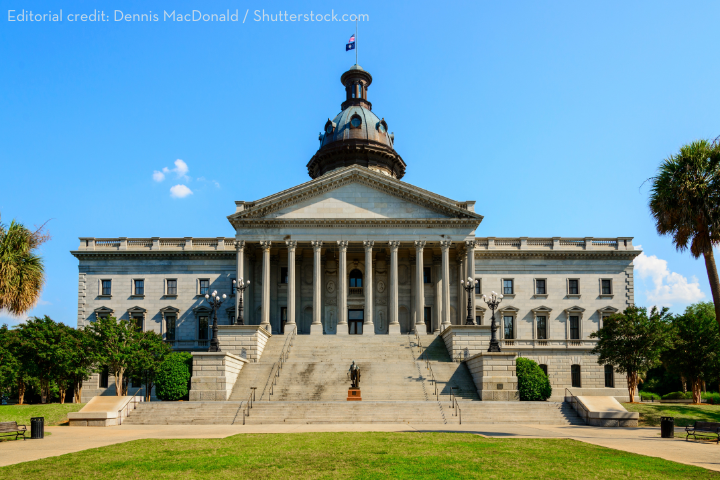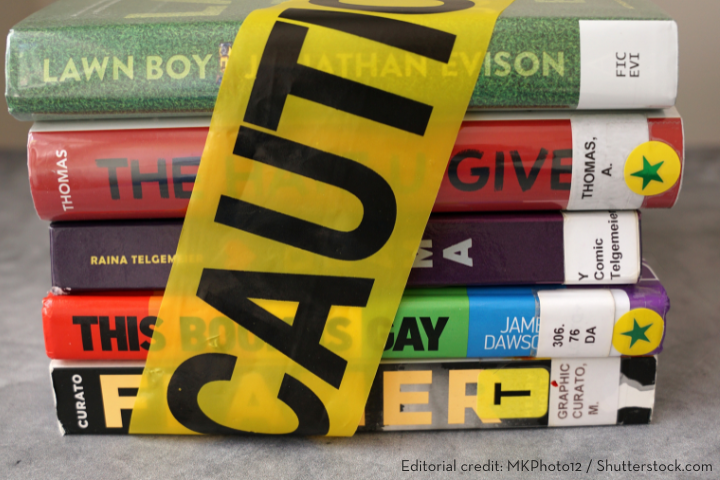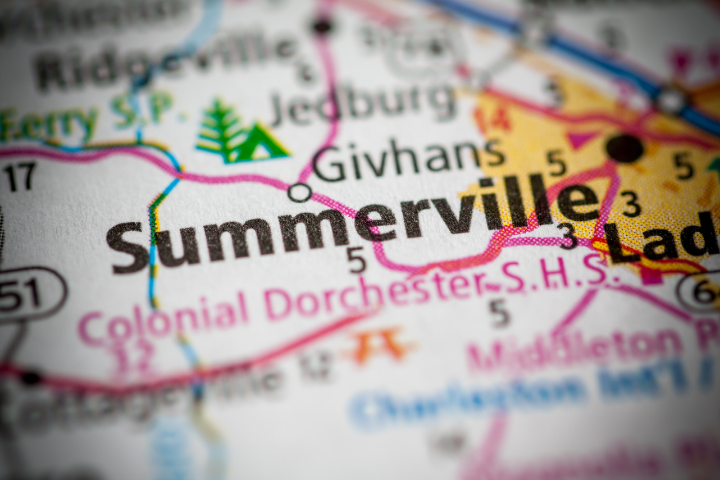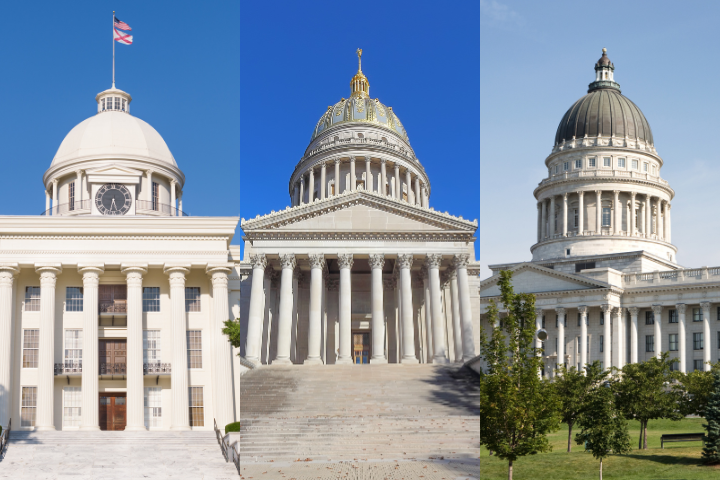In March, Wisconsin Governor Tony Evers vetoed AB 510, the legislature’s latest attempt at passing a “parental rights” bill targeting public K-12 schools. In his veto message, Evers described it as “another attempt to divide our schools and communities and inject political ideology” into public school classrooms.
In the context of public schools, the term “parental rights” has become a rallying cry for those seeking to censor student self-expression and the teaching of diverse histories and experiences and increase parental oversight of books, curricula, and clubs offered at public schools.
“Parental rights” policies and legislation, like AB 510, are varied and consist of many different provisions that PEN America characterizes as educational intimidation. But what they have in common is a desire to impose some families’ beliefs onto all families while neglecting young people’s freedoms to learn, read, and be. This rhetoric is employed in campaigns to ban books or prohibit discussions and instruction in classrooms of certain histories, identities, and content and issue areas, often disproportionately impacting LGBTQ+ people and people of color. Groups like Moms for Liberty frequently utilize the rhetoric by claiming that parents don’t want to “coparent with the government.”
Even without a “parental rights” law on the books, the rhetoric and associated policies have led to chaos in schools and libraries across Wisconsin. This push toward “parental rights” has already fueled book bans and classroom censorship: at least 450 books have been banned in the state since 2021.
Book banning in the Badger State
In December of 2023, one parent in the Elkhorn Area School District was able to get 444 titles removed from schools in the district while undergoing review, per district policy. While most books were eventually returned to the shelves, the episode exemplified the disruption and frustration that can come from the push for “parental rights.”
In November of the previous year, seven books were removed in nearby Elmbrook School District following revisions to their school library collections policies. Each of the books also appeared on a list circulated by GOP legislators and parents outside of the district as part of larger efforts to remove books from school and public libraries across the state. That same list was used by parents in nearby Waukesha School District, where five books appeared to have been removed from shelves two months earlier.
These bans follow efforts in July 2021 from the Wisconsin Institute of Law and Liberty (WILL), a state-based legal and policy 501(c)(3) organization advancing a “principled conservative movement,” to get three books removed from Elmbrook. In a letter to Elmbrook School District leadership, WILL wrote: “The fact that Elmbrook has apparently made these materials directly available to children without parental notification and a reasonable opportunity for parental control violates state law and parents’ constitutional rights.”
Elkhorn, Elmbrook and Waukesha are not alone. According to nonprofit newsroom Wisconsin Watch, more than 100 school districts in Wisconsin have experienced challenges to books since 2020. Nearly three quarters of those challenges came from just 15 “super requesters” who challenged upwards of 15 titles at a time. According to Wisconsin Watch, many seeking to ban books have been local politicians or members of groups like Moms for Liberty. Many challenges are based on lists circulated by activists and promulgated by sites like BookLooks, a Moms for Liberty-associated site which rates titles for things like sexual content or “inflammatory” content related to race.
“Parental Rights” Manifesting in “Educational Intimidation Bills”
Efforts to ban books within a district occur alongside legislative efforts to suppress expression in public schools.
In 2024, the Wisconsin legislature introduced multiple bills that would have restricted students’ access to “offensive” or “obscene” materials and expanded parental control over students.These bills are a slippery slope to mass book bans: in neighboring Iowa, a law with similar language has resulted in thousands of books being pulled from shelves.
And Wisconsin’s recently-vetoed AB 510 was a snapshot of common “parental rights” provisions, including ones reserving the rights of parents to review all instructional materials used in the entire school, not just for their child; to opt their student out of any class instruction or materials “for reasons based on either religion or personal conviction”; and to have sole control over the pronouns and name a student uses while at school.
While the bills have not been successfully passed in Wisconsin, similar policies have manifested at the local level. In July 2022, the school board in the Kettle Moraine School District voted to forbid teachers from using personal pronouns in email signatures and from displaying LGBTQ+ symbols. The superintendent explained that “any political views should stay at home at the dinner table.”
Just a few years prior, the same district adopted a policy that allowed students to use chosen names and pronouns without parental consent. This district policy was challenged in a lawsuit by Wisconsin Institute for Law & Liberty and the Alliance Defending Freedom in 2021, which claimed the policy infringed upon parental rights. In October 2023, a judge ruled in favor of the “parents rights” claims.
“Grassroots,” or astroturf?
Like in other states, behind the supposedly grassroots “parental rights” movement lies a network of well-coordinated and well-funded advocacy groups and think tanks, including national organizations like Moms for Liberty or the Manhattan Institute, and state-based groups like WILL. In the 2022-2023 school year, PEN America tracked the influence of advocacy groups on book bans; each of the 5 districts with school book bans in Wisconsin in the 22-23 school year were located within a county with an advocacy group chapter or bordered a county that did.
Since 2021, these “parental rights” groups and think tanks have encouraged their followers to “make school board elections count,” in an attempt to gain political power over school districts. PACs like the 1776 Project PAC–whose platform includes “parental rights” and opposing “indoctrination”–have endorsed numerous Wisconsin school board candidates in recent years. In 2022, the group reported spending an average of $20,000-$25,000 per race. This is in stark contrast to 2018, prior to the “parental rights” push, when the National School Board Association reported that over 75% of candidates spent less than $1,000 on their race.
The influence of these groups on school board policies themselves is increasingly evident as multiple school boards in Wisconsin have adopted “parental rights” policies in their districts. In April of this year, WILL held a school board summit where they presented model school board policies including policies that could be used to ban books. The resources of national groups have found their way to districts, as well: the Moms for Liberty-affiliated site BookLooks was recently used by a Wisconsin school district to assess their library collection.
The takeaway
If the push towards “parental rights” continues, it is clear where Wisconsin will go: just look at Florida, which has implemented numerous censorial provisions under that banner since 2021, and is now plagued by reports of empty shelves and “brain drain” from fleeing educators. The resulting impact on public schools and communities does anything but empower parents or protect students. Instead, they prioritize a vocal minority, erode the freedom to read, and eclipse any space for students to express themselves.











